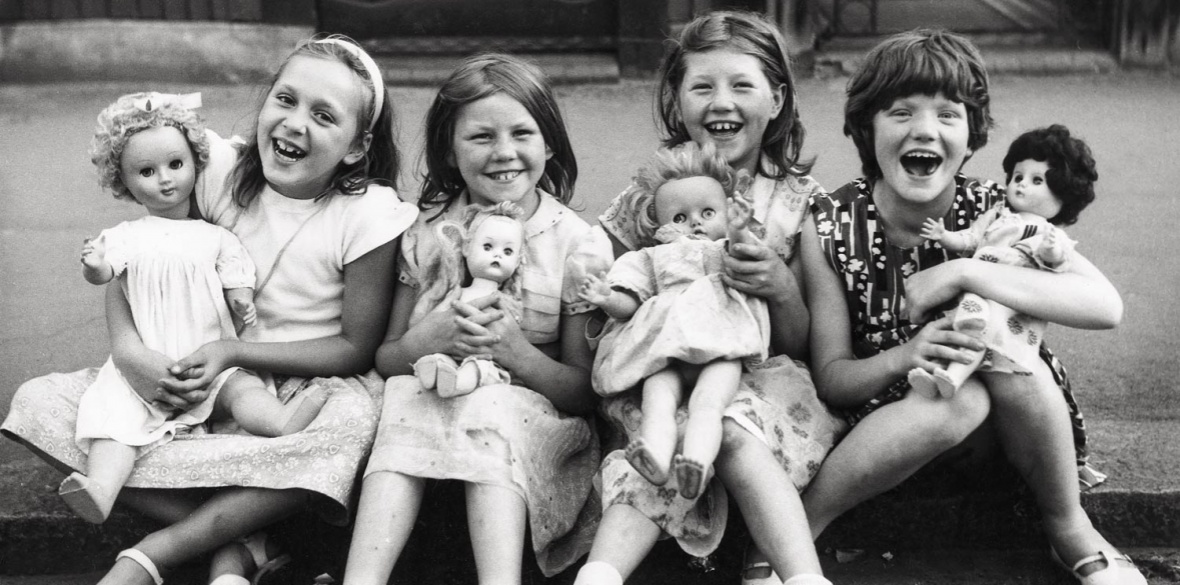This is the last article you can read this month
You can read more article this month
You can read more articles this month
Sorry your limit is up for this month
Reset on:
Please help support the Morning Star by subscribing here
THE images in Paradise Street — the fourth book in Hoxton Mini Press’s Vintage Britain series — span the years from the 1930s through to the late 1970s and are the work of 10 leading photographers.
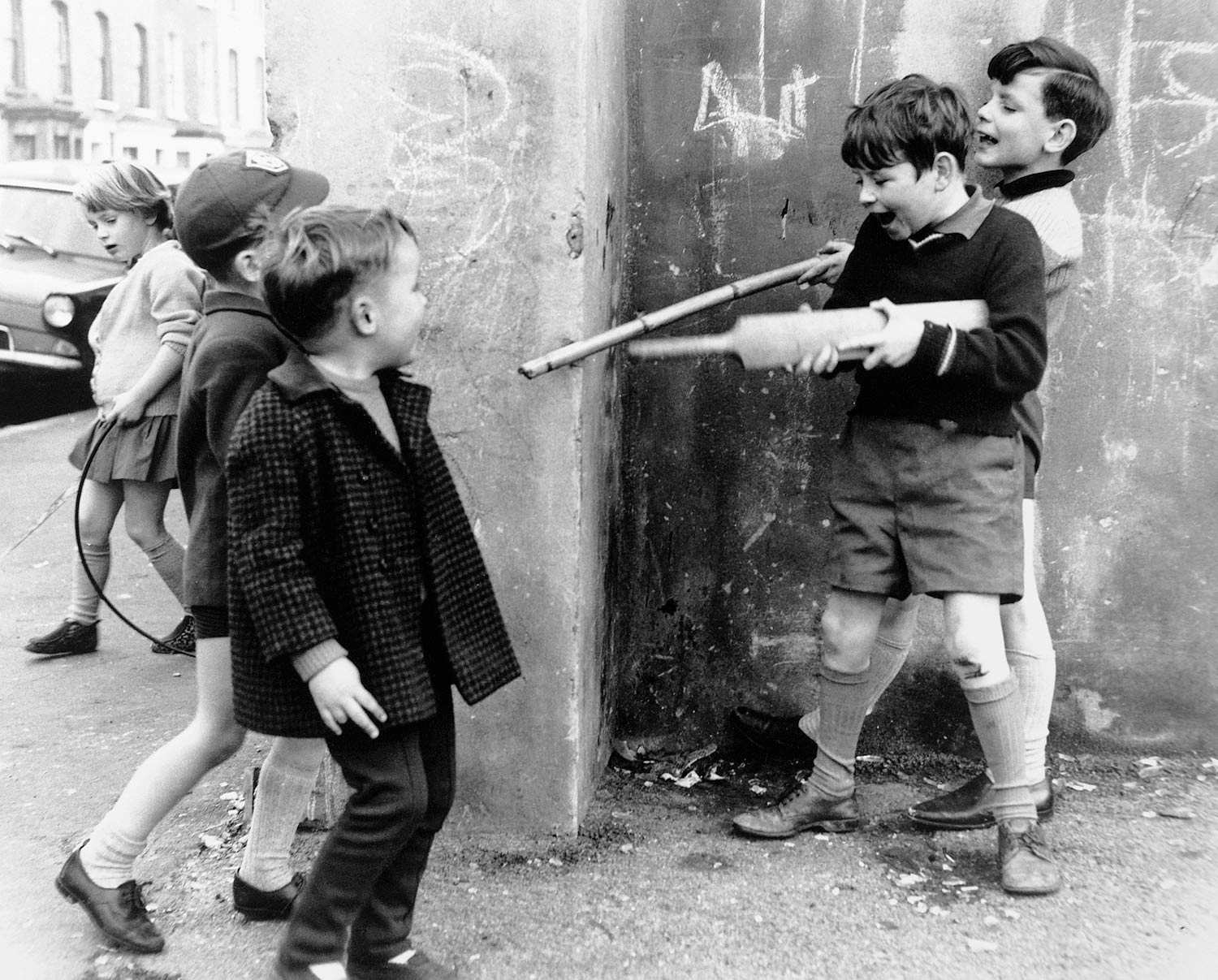
They portray children playing in streets from London to Manchester and Belfast to Middlesbrough and, while they are all clearly working class and their games are invariably played out against the backdrop of tenements and terraced slums, they appear to be almost without exception happy and enjoying life to the full — a seeming contradiction you would think — and with hardly an adult to be seen.
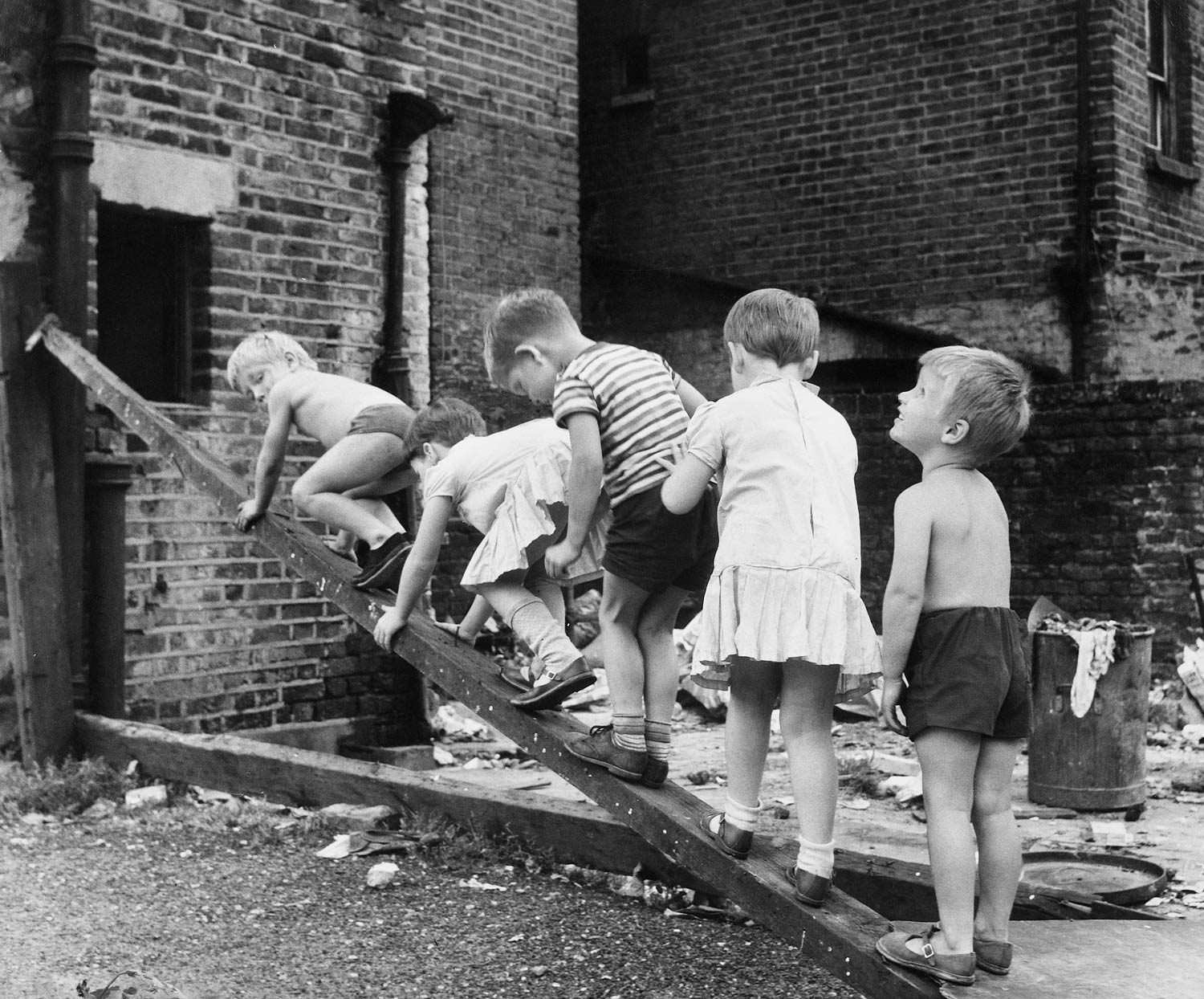
Whether playing soldiers or knights with dustbin-lid shields, they climb on wrecked cars, skip, jump on walls or clamber in abandoned buildings — all activities that today most parents would view with fear and horror.
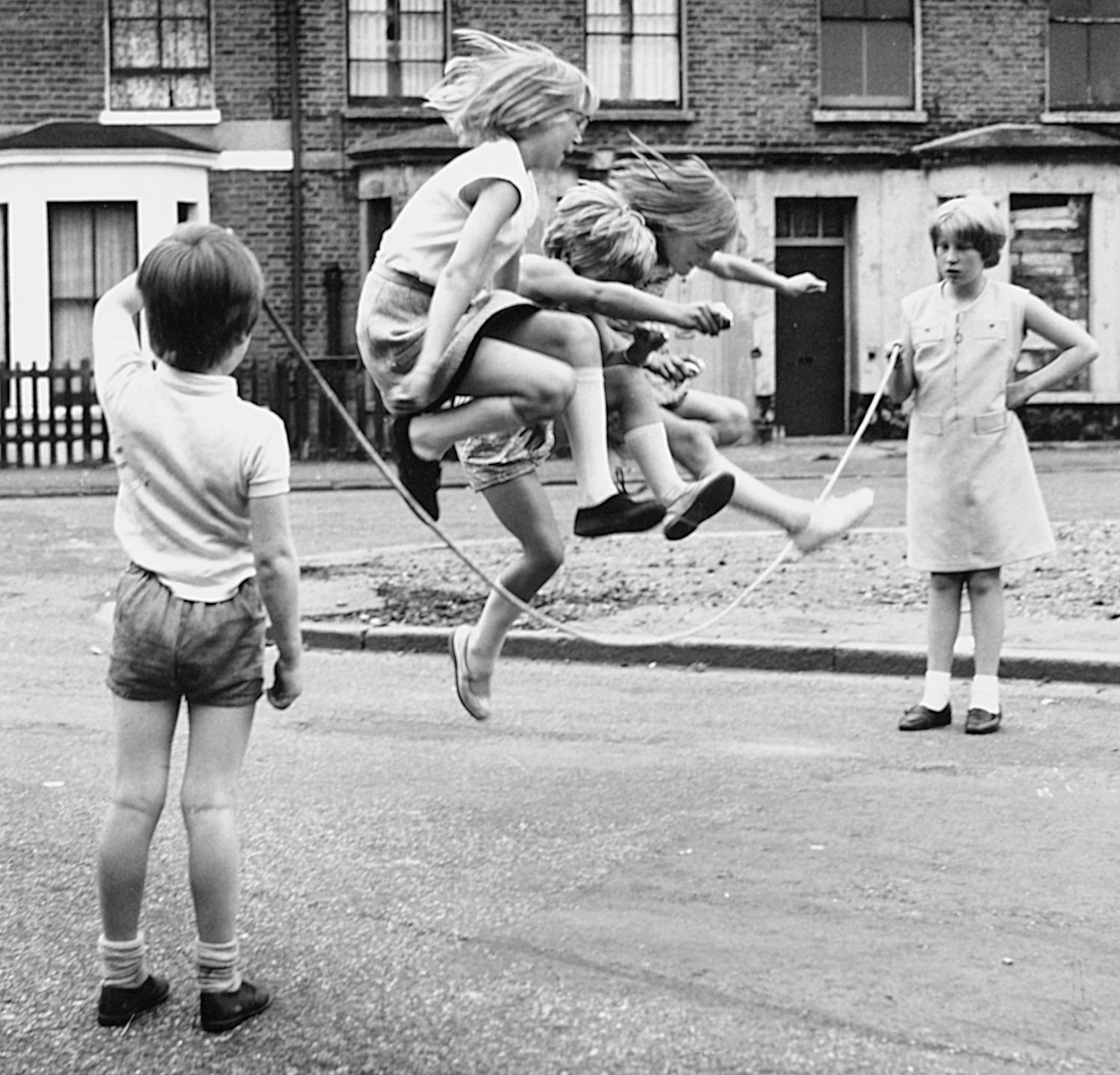
They are in their element. The streets were their domain, where black kids play with white and girls with boys.
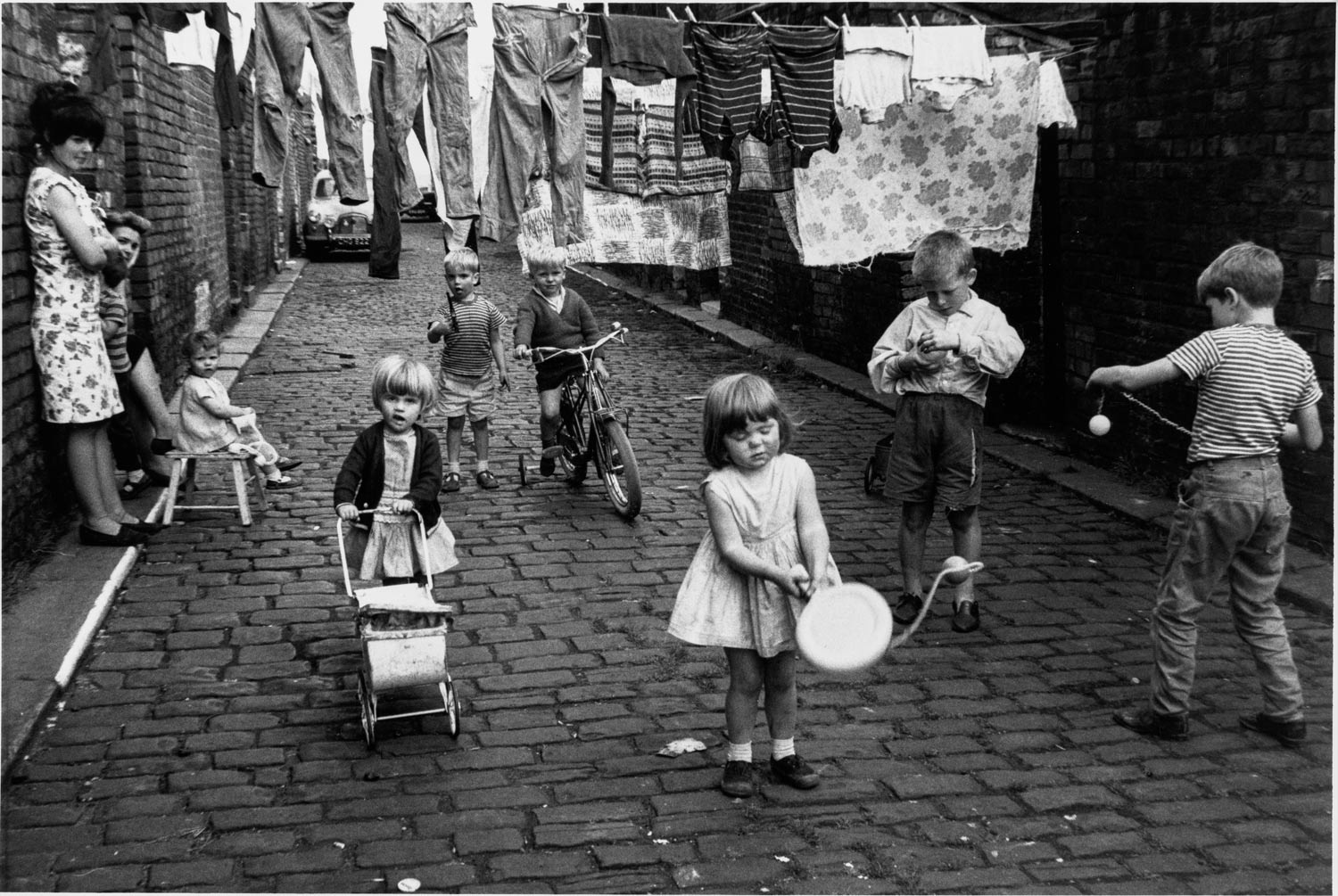
When I see the ghost-town streets in our cities today, occupied only by cars, I wonder what happened. It’s as if a whole habitat and its denizens have been removed, equivalent to cutting down rain forests. Now our children are either glued to their phones or cooped up inside at a computer terminal and I don’t see them smiling or laughing as much.
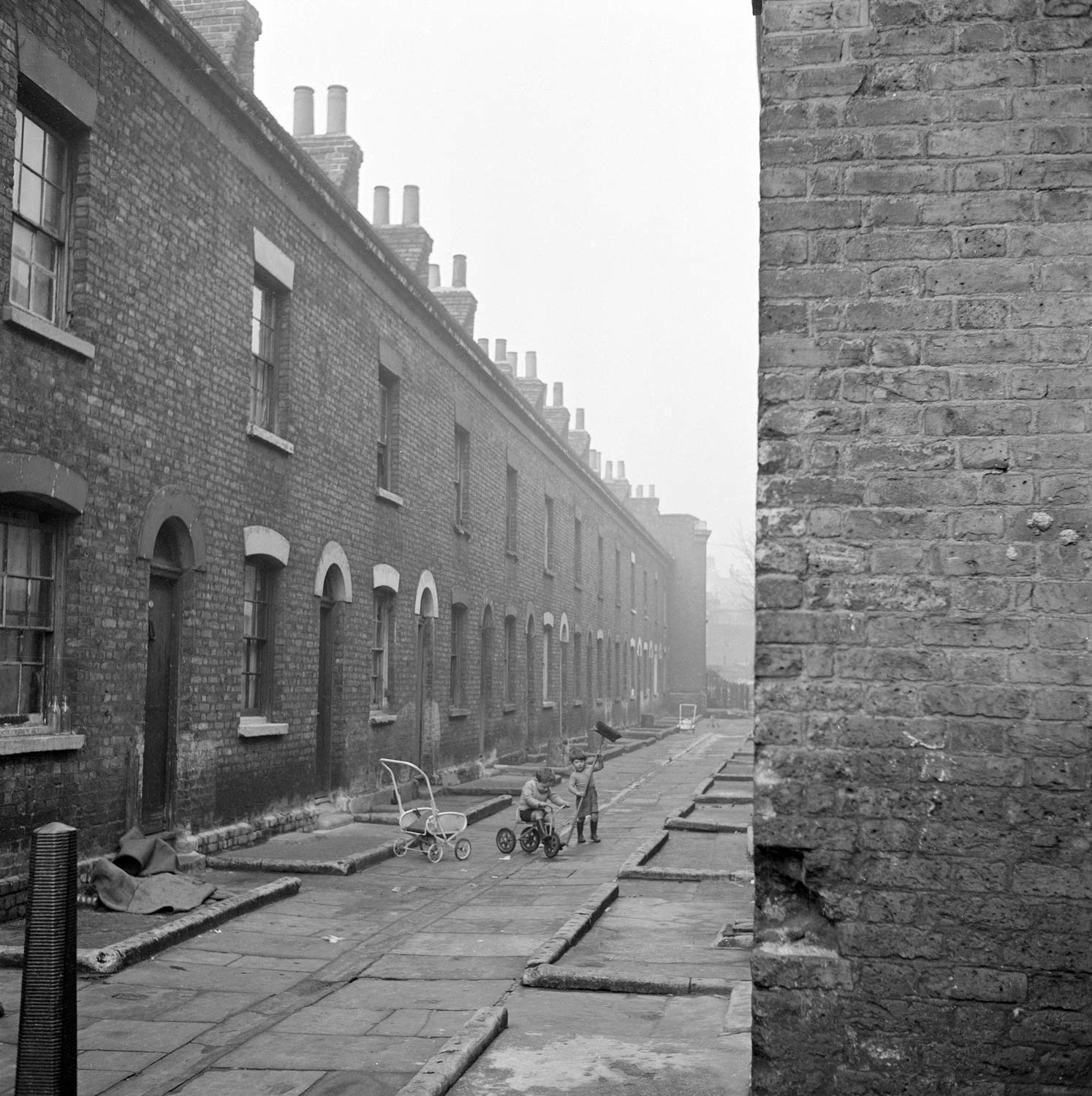
This slim album and its many evocative images force us to ask whether our streets and children’s lives are better today than they were. Evidenced by these images, it is doubtful.
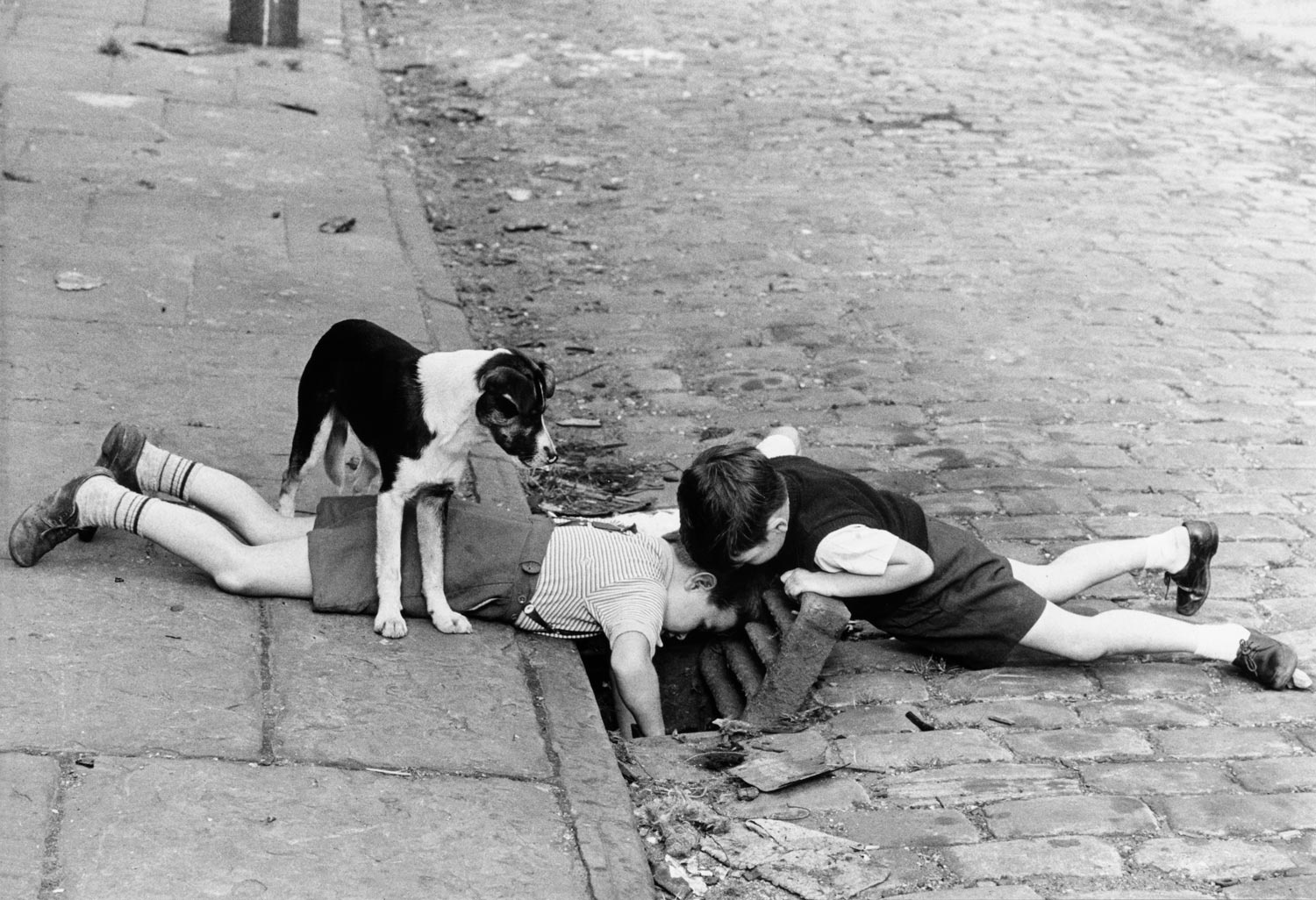
In her introduction, Lucinda Gosling of the Mary Evans Picture Library explains how children then were largely left to their own devices and learned to co-operate and become self-reliant. They needed perseverance and self-discipline — toys were few and the children’s own imagination and inventiveness were essential. These activities and experiences provided valuable lessons for later social life.
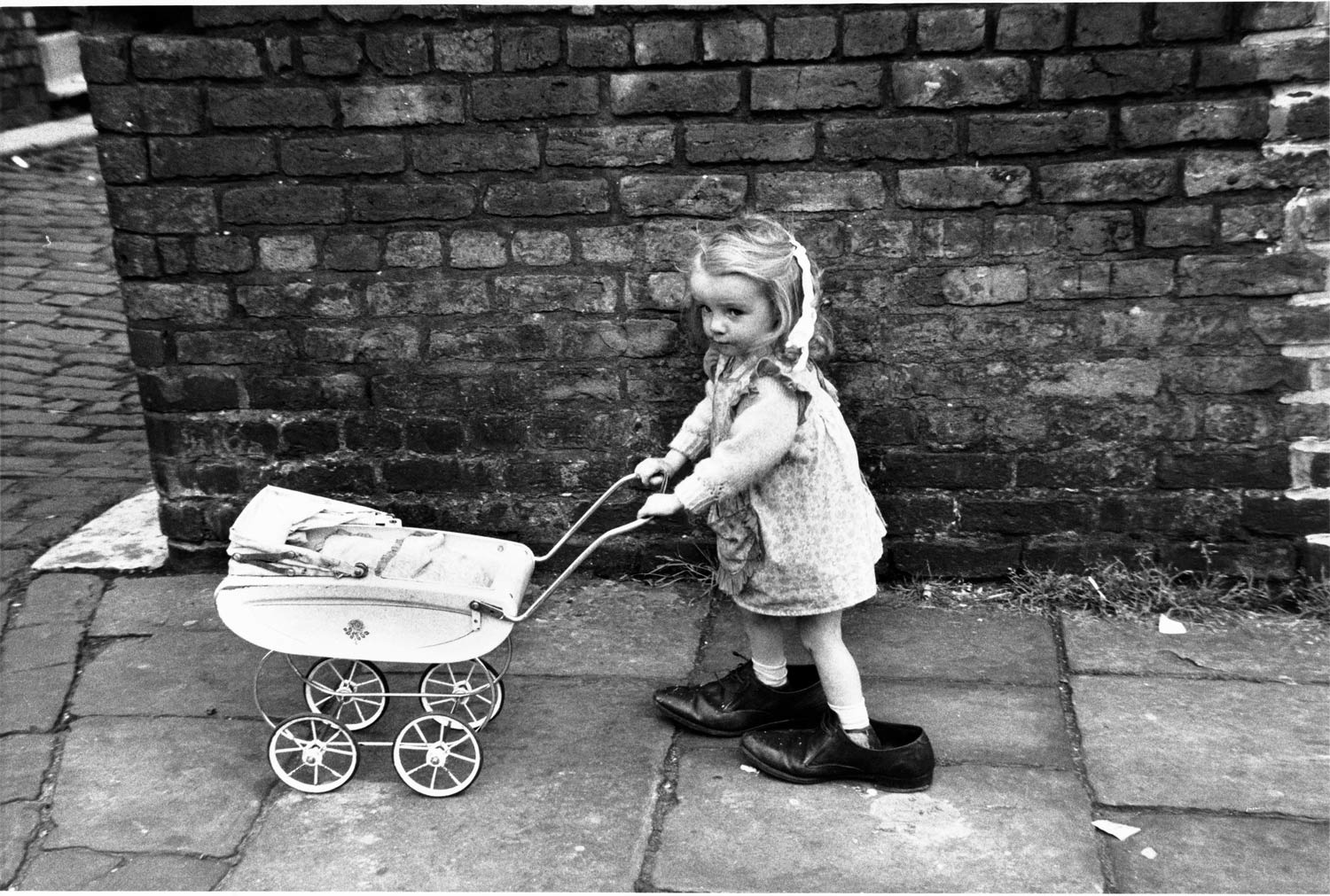
One of the photographers, Roger Mayne, worked closely with Iona and Peter Opie, the pioneering researchers into children’s culture, while Shirley Baker concentrated on the streets of her native Salford and Martin O’Neil captured children growing up in Thatcher’s Britain.
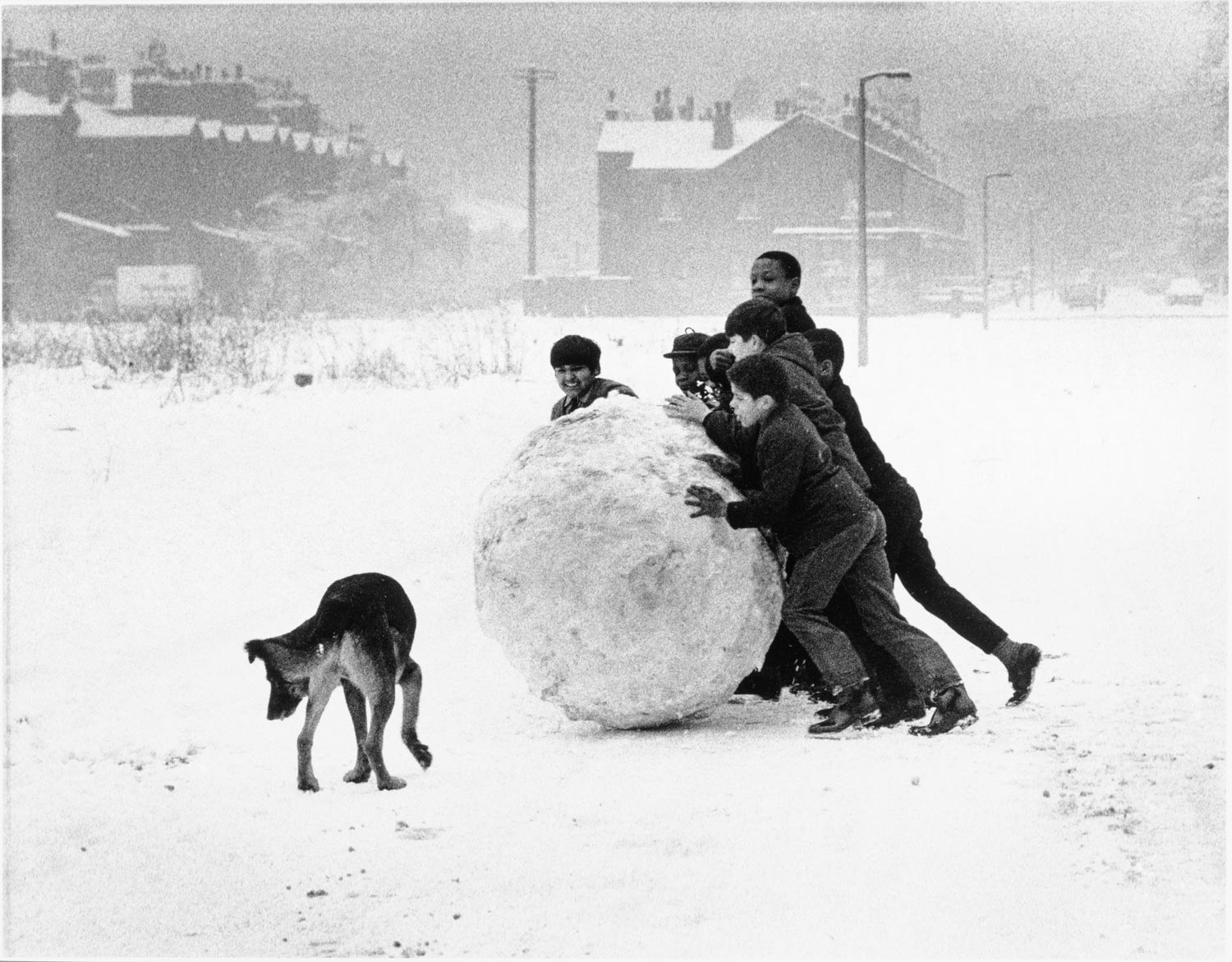
Most of the images are in black and white with a few in colour but each one is a joy to look at and it is almost impossible not to indulge a nostalgia for that era of genuine street communities and happy childhoods.
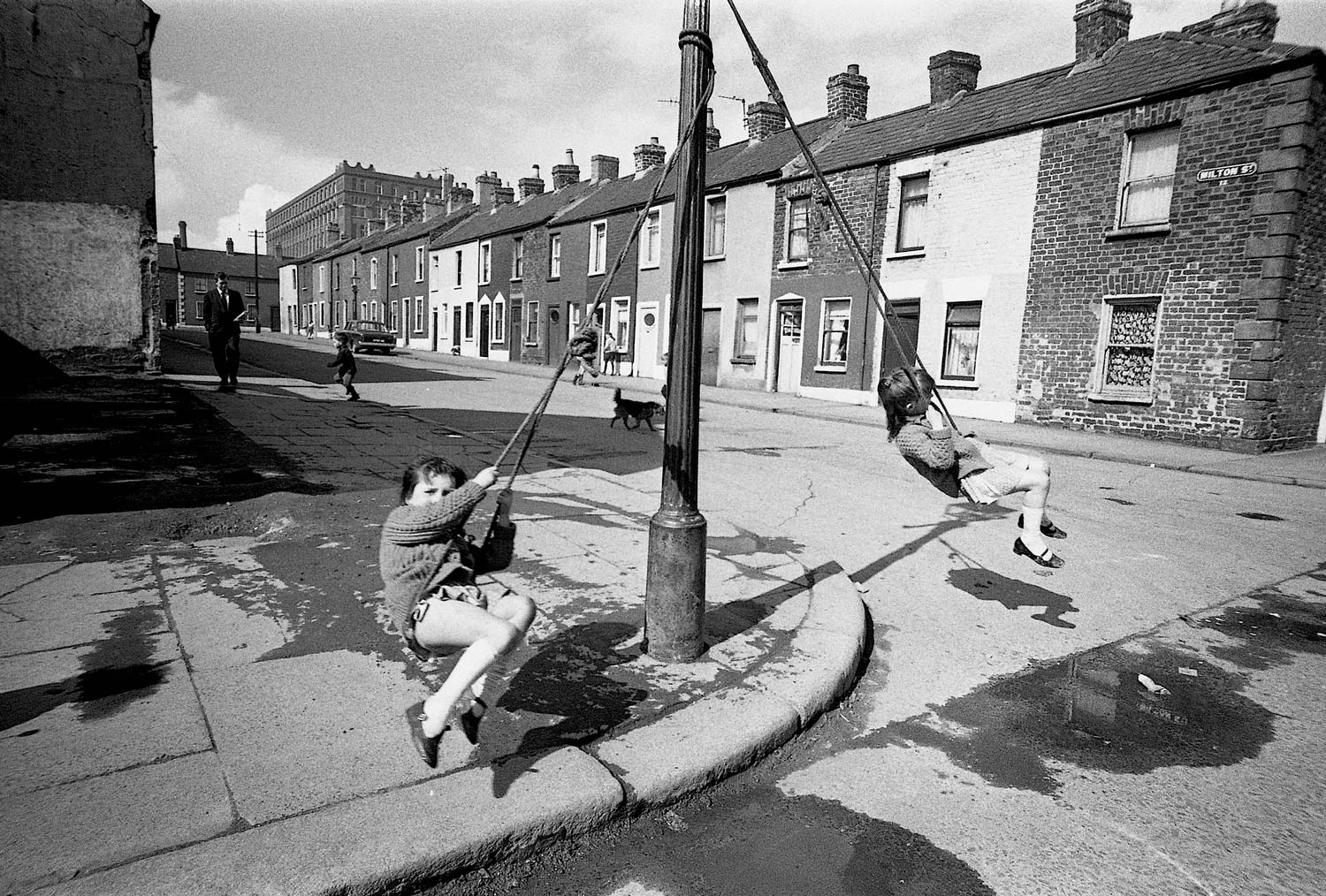
Paradise Street is published by Hoxton Mini Press, price £16.95.

